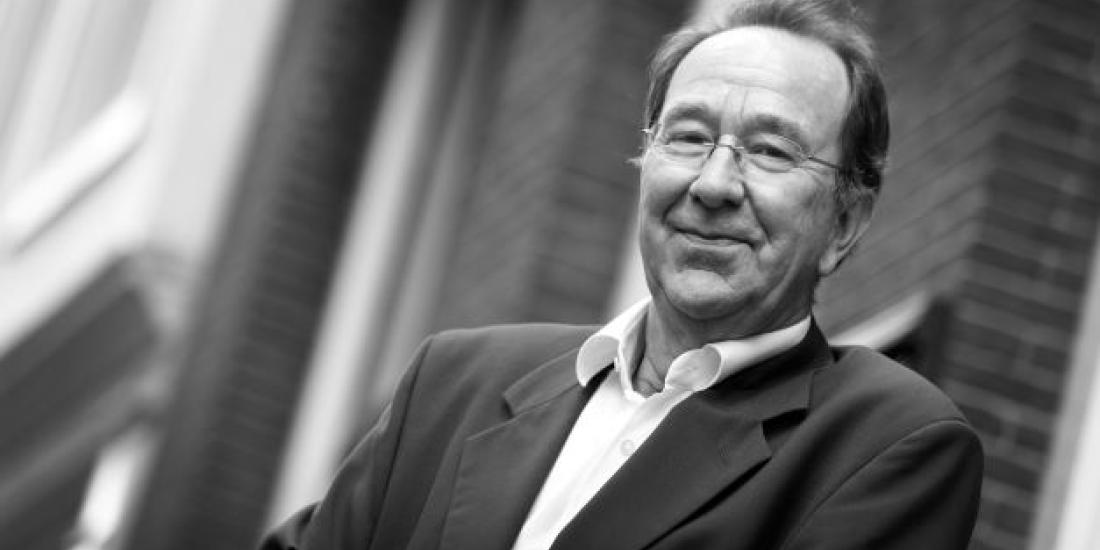"Power wears out those who do not have it" is a well known saying. But what do those who exercise power do with it? How do they deal with the authority it gives them? This is the subject of Ian Kershaw's latest fascinating book, which examines the careers of some of the greatest political figures of the last century. The brilliant historian, unanimously acclaimed for his biography of Adolf Hitler (Hitler, Penguin), wonders why dictators such as Lenin, Stalin, Hitler and Mussolini felt entitled to commit 'politique du pire', while other leaders, from Churchill to Gorbachev and including Adenauer and de Gaulle, made very different use of power.
Did you know that?
However, nothing initially predisposed Ian Kershaw to look at the 20th century. Surprisingly, this specialist of the Third Reich originally intended to study mediaeval history and began his academic career as a mediaevalist. It was not until several years later that he developed a passion for the recent history of Germany, and more particularly the Nazi period, in which he became one of the leading experts. In tackling this subject, which was still relatively neglected in the United Kingdom in the 1970s, Ian Kershaw benefited from the benign influence of three great German historians who were authorities on the subject: Martin Broszat, Hans Mommsen and Hans-Ulrich Wehler. So it was not by chance that the concept of the charismatic leader, created by the famous German sociologist Max Weber, would occupy a central place in his future writings. In keeping with the emerging trend led by these historians, Ian Kershaw, who worked closely with them, especially under Broszat, began to study aspects of the Nazi era that had so far been ignored, such as public opinion and the reception given to the Nazi leaders by German society. But he was not satisfied with a structural approach and also took into consideration Hitler's personality to explain how he maintained his relationship with power.
A personality and the flaws of a society
Breaking with the Marxist analyses of the 1970s and 1980s, which gave a central place to the influence of German capitalism, of which Hitler was merely a puppet, and with historians who saw Nazism only as a reaction to the Communist peril, Kershaw, on the contrary, set out to establish a direct link between the singular psychology of the charismatic leader, the propaganda force of the party that constructed the mythical figure of the Führer, and the weaknesses of German society at the time. This society, weakened by the defeat of 1918, and without the institutional, cultural and political resources necessary to resist Hitler's inflammatory speeches, played a decisive role in understanding the success of the Nazis, "the answer to the riddle of his impact has to be found less in Hitler’s personality than in the changed circumstances of a German society traumatized by a lost war, revolutionary upheaval, political instability, economic misery and cultural crisis. At any other time, Hitler would surely have remained a nobody."
What about today?
The personality of a dictator therefore plays an important role in his conquest of power and in the choices that will define his policy. But it does not explain everything. As it increases, it finds greater or lesser resistance from society. This is probably the most important lesson we need to learn at a time when the temptation of autocracy, even in countries with a democratic culture, is experiencing renewed vigour under the cover of populism of all kinds. This is why the word of intellectuals such as Ian Kershaw is valuable, especially when war is again threatening the European continent, in deciphering the origins on which the power of autocrats and dictators is based. We must therefore do everything we can to protect the letter and the spirit of our democracies, considering this old maxim by General de Gaulle, "Anything can happen someday, even an act conforming to honour and honesty can end up, at the end of the line, as a good political decision."

